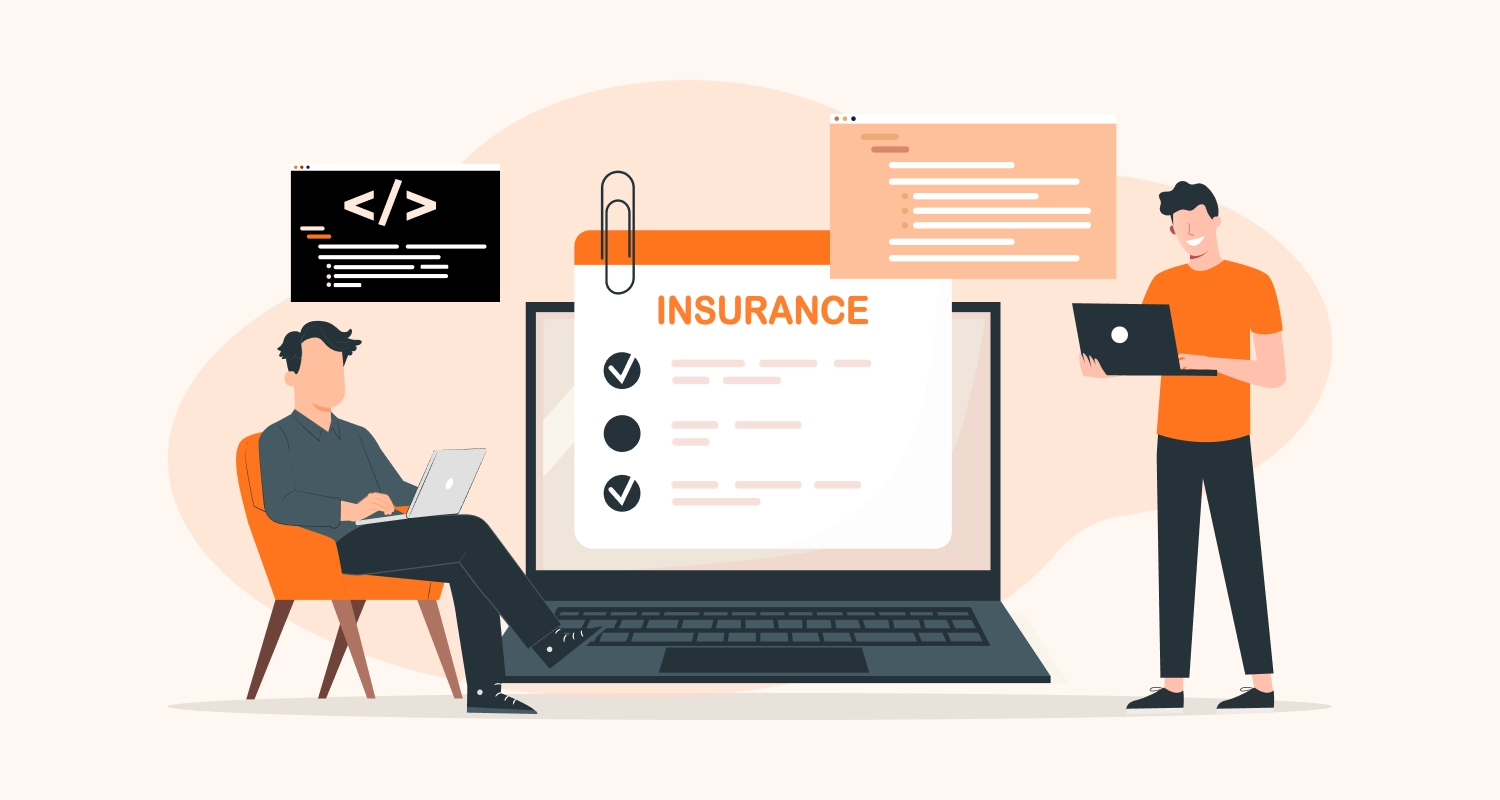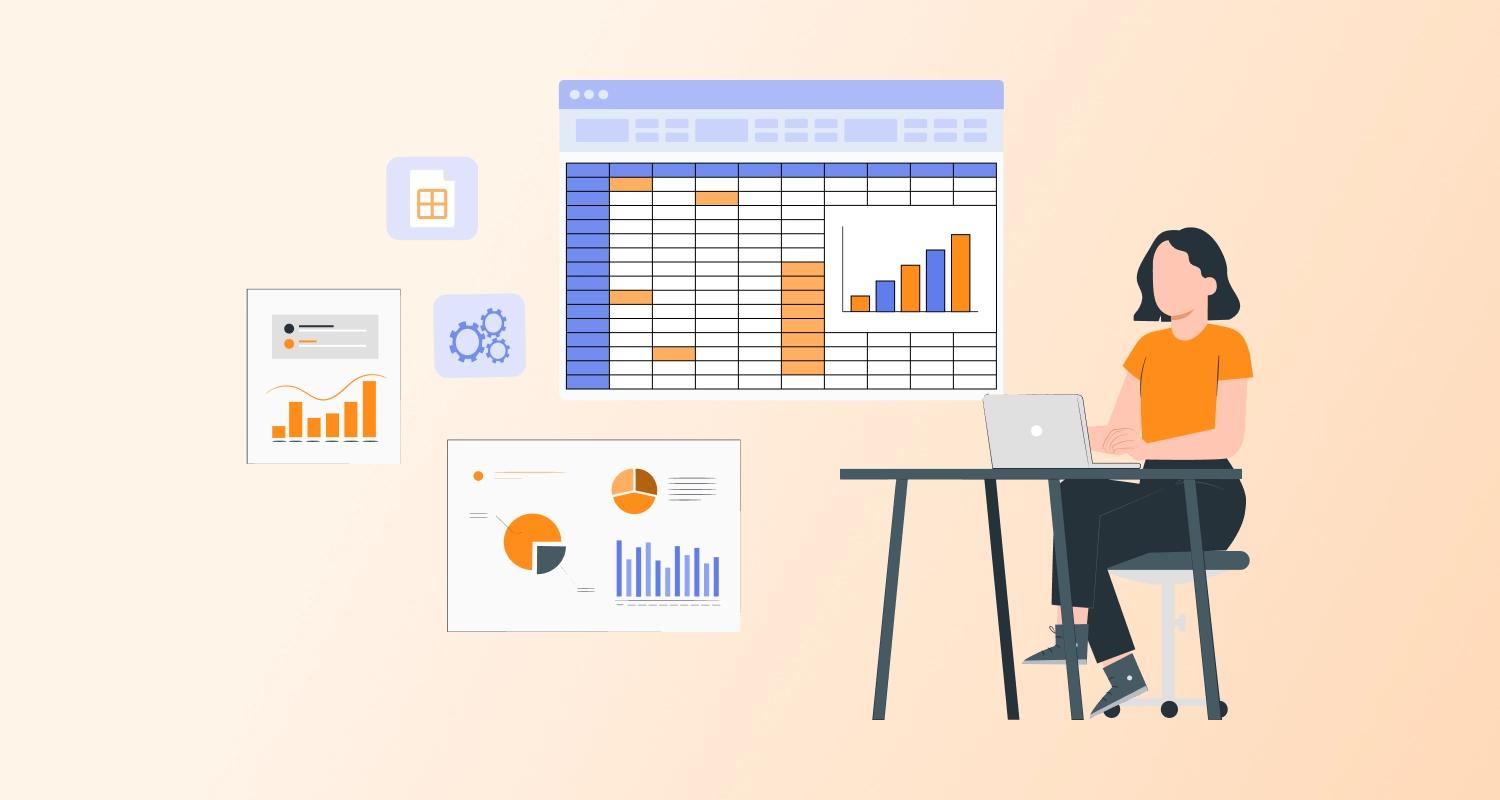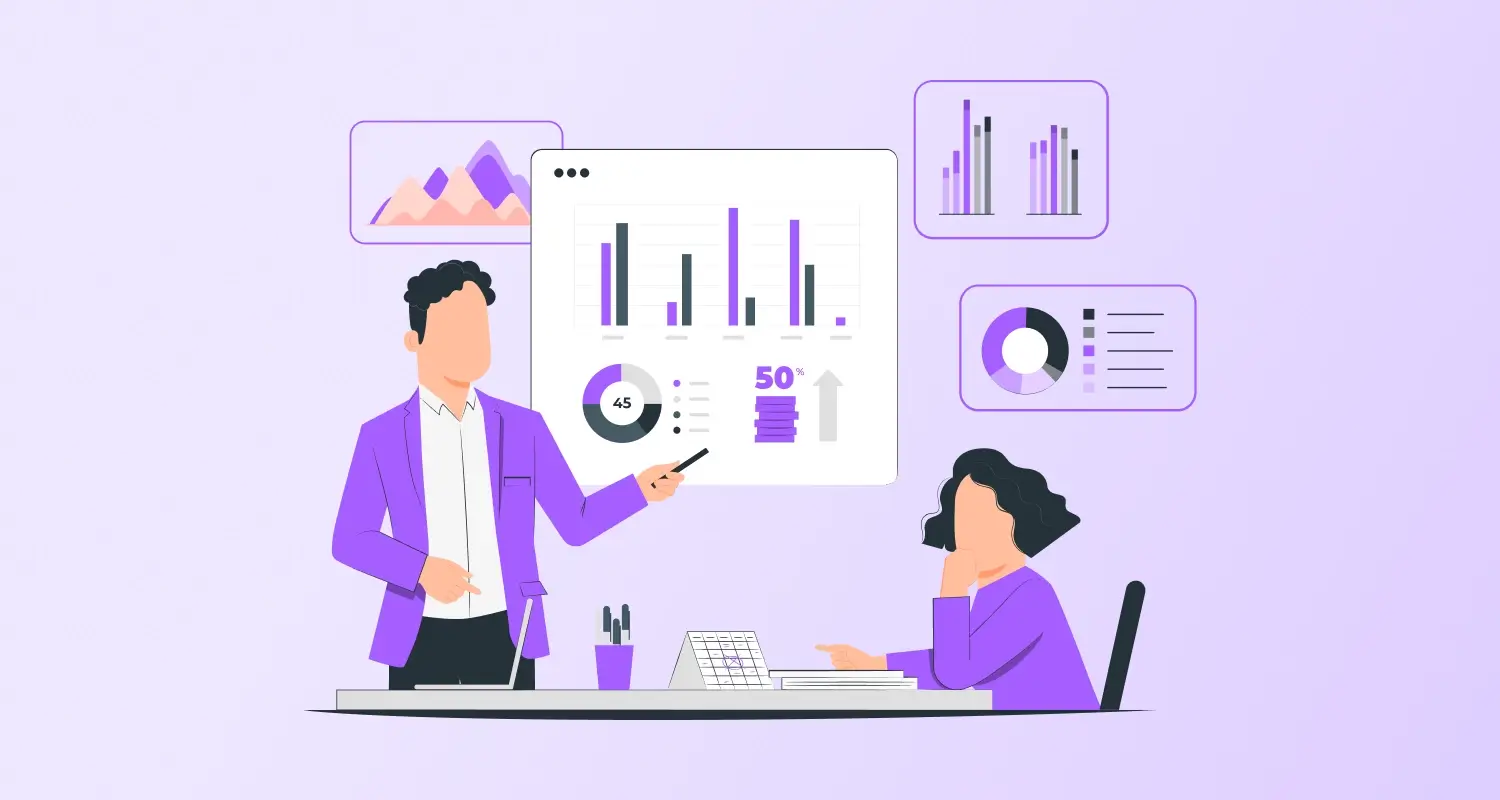Although creating your stock trading platform can be an exciting project, it also needs considerable research and planning. Additionally, novice investors now find investing simpler with custom trading platform technologies, which stockbrokers are pushing to increase their clientele. People worldwide are taking advantage of this chance to grow their money at a high rate of return.
It presents a chance for emerging stock companies to go digital by introducing a trading application. You can build a trading app like Robinhood just in a few steps. But, how to build stock trading software? There are a lot of concerns on the same and we will cover all of them in this blog.
What is Trading Platform Software Development?
A custom trading platform is a specially designed software program made to meet the particular requirements of a single trader or company. It is customized to match certain trading methods, tools, and functionalities that are essential for the user, unlike conventional, ready-made platforms. This gives traders complete control over their trading environment, including specialized algorithmic trading support, custom analytics, and risk management tools.
To safeguard sensitive financial activities, the development approach places a strong emphasis on integrating real-time data, fast execution, and security measures. In the end, a tailored trading platform performs better, is more scalable, and offers more flexibility than generic options.
Different types of online stock trading software
- Brokerage Platforms: These platforms offer market data and fundamental trading features provided by online brokers.
- Professional trading platforms: These platforms provide comprehensive market data, charting tools, and algorithmic trading capabilities provided by seasoned traders.
- Custom-built platforms: Designed for institutional traders for certain trading techniques.
How to Build Custom Trading Software?
Creating your custom trading software is a challenging project that calls for an in-depth understanding of finance, programming, and market dynamics. Furthermore, working with a professional development company or using well-known trading platforms is frequently more sensible and effective.

If you’re determined to construct your own, though, you can use this thorough plan as a guide:
Establish Your Objectives and Plan
- Determine your trading approach: Which type of investor do you prefer—long-term, swing, or day trading?
- Specify your approach to trading: Which indicators or algorithms are you going to use?
- Determine how much risk you can take: To what extent are you willing to take a risk?
Learn financial modeling and programming.
- Learn how to program: For trading software, Python, C++, or Java are frequently used options.
- Recognize the structures of financial data: Acquire proficiency in managing financial instruments, time series, and market data.
- Learn the principles of financial modeling: Create models to test your trading techniques and mimic the behavior of the market.
Obtaining and Storing Data
- Select a data source: Choose a reliable source for up-to-date market data.
- Create a database: To keep past and current data for analysis, create a database.
- Preprocessing and data cleaning: Make sure the data is consistent and accurate.
Development of Algorithms
- Logic for design trading: Develop algorithms according to your approach to trading.
- Reverse testing: To evaluate performance, run your algorithms using historical data.
- Optimization: To increase performance, hone your algorithms.
Software Development
- Select a setting for development: Choose the right tools for testing, debugging, and developing.
- Construct the user interface: Provide an intuitive user interface for tracking trades and managing your portfolio.
- Integrate with brokerage: To execute orders, connect with the broker of your choice.
Testing and Improvement
- Thorough testing: Put your program to the test in a range of market scenarios.
- Track your performance: Monitor the software’s performance and make any required modifications.
- Iterative improvement: Based on the outcomes, keep improving your software and algorithms.
Risk Management
- Put take-profit and stop-loss orders into action: Keep your money safe from large losses.
- Size of position: Depending on your tolerance for risk, decide on the right position sizes.
- Diversification: Take into account distributing your money through several types of assets.
Compliance and Security
Respect the rules: Make sure the software you’re using conforms with finance laws.
Safeguard private information: Put strong security measures in place to protect user data.
Key Considerations
Intricacy: Creating trading software is a very complicated process that takes a lot of experience.
Market Dynamics: Because the financial markets are dynamic, your software needs to adapt.
Costs: Take into account the price of development, hardware, data, and operations.
Options include collaborating with a reputable software development company or leveraging the current trading platforms.
Core Features of Software for Share Trading
A strong trading platform provides several features and tools to facilitate well-informed decision-making and effective transaction execution. These are the main characteristics:
Order Fulfillment
Ordering: The capacity to place orders precisely and promptly.
Order Modification: Change or revoke previously placed orders.
Order History: Keep track of previous orders for research and evaluation.
Market Information
Real-time Quotes: The most recent securities prices.
previous Data: The ability to analyze previous pricing data.
Market News: Real-time news feeds and notifications.
Economic Indicators: Crucial economic information for analyzing markets.
Charting and Technical Analysis
Charting Tools: A range of customizable timeline chart kinds, including line, bar, and candlestick charts.
Technical Indicators: Pre-installed technical indicators for analysis (RSI, MACD, moving averages, etc.).
Drawing Instruments: the capacity to sketch various chart patterns, such as trend lines and support/resistance levels.
Portfolio management
Account summary: a summary of positions, holdings, and account value.
Portfolio performance tracking: Monitor changes over time. Tools for modifying portfolio allocations include portfolio rebalancing.
Tax Reporting: Creating reports about taxes or integrating with tax software.
Research and Evaluation
Essential Information: Obtain news, analyst ratings, and corporate financials.
Tools for Screening: Sort securities according to predetermined standards.
Alerts and News: Alerts and news streams that can be customized.
Safety and Compliance
Data encryption: safeguarding private user and account data.
Regulatory Compliance: Following the rules set forth by the financial sector.
Two-Factor Authentication: Multi-factor authentication improves security.

What are the Benefits of Trading Software Development?
There are many benefits to creating a custom trading platform for both the platform owner and its users:
- Revenue generation for the platform owner involves charging commissions, fees, or subscription costs for the use of the platform.
- Utilizing user data for insights and maybe selling it to outside businesses is known as data monetization.
- Building a strong brand identification in the financial sector is known as brand building.
- Competitive Advantage: You can draw customers in by providing special features or cutting-edge technologies.
- Diversification: Possibility of providing more financial services like wealth management or investment advisory.
- Accessibility: Provides traders with the ability to trade from any location with an internet connection.
- Speed and Efficiency: Real-time market data and quicker order execution.
- Cost-effective: Transaction fees are frequently lower than with typical brokerages.
- Customization: Users can modify the platform to suit their requirements and tastes.
- Advanced Tools: Availability of highly developed trading, analysis, and charting tools.
- Innovation: Introducing novel features and technological advancements to propel innovation in the financial sector.
- Market Efficiency: Also making markets more transparent and efficient.
- Financial Inclusion: Possibly providing a larger public with access to the financial markets.
You can take advantage of a sizable market opportunity and establish a profitable business by developing a trading platform that offers traders and investors useful tools.
Cost of developing a custom trading platform
A custom trading platform’s development cost can differ based on several factors like the complexity of the app, features to be incorporated, the finance software development company you partner with, and the tech stack. An entry-level trading platform with the very minimum of features may run you less dollars. More sophisticated platforms, however, may easily cost heavy dollars because of features like support to build custom algorithmic trading software, real-time data feeds, sophisticated charting tools, and strong security measures.
Costs are also influenced by the team’s experience; employing skilled designers, trading software developers, and security specialists usually raises the total cost. Incorporating stock trading app development such as Robinhood or Reuters and guaranteeing regulatory compliance might also incur significant expenses. The requirement for frequent feature upgrades, security updates, and ongoing maintenance all add to the overall cost. Post-launch expenses that affect the long-term budget, like server hosting and customer support, must be taken into account.
Conclusion
If you are unfamiliar with the development ecosystem and the trading world, creating your own trading software may prove to be difficult. Building the trading software development yourself is not an option because you need to mix the greatest features from both worlds; instead, you must rely on a reputable bespoke software development business. The only well-known development companies will hire dedicated developers with the amount of industry understanding required to create finance investment software.
You may quickly obtain access to all the packages and resources required for the deployment of your application by working with CMARIX- a cryptocurrency trading software development company. Nonetheless, our technological staff has vast expertise and experience in creating dependable financial solutions, such as trading apps.
Frequently Asked Questions
How long does it take to develop custom trading software?
The complexity and specifications of the project will determine how long it takes to design custom trading software. The entire procedure, from preliminary analysis to final deployment, usually takes several months.
Can I make my trading software?
With custom-built trading platforms, you can acquire a competitive edge over rivals by going beyond basic capabilities. The creation of trading apps opens up the possibility of designing a sophisticated feature-rich workflow-tailored system.
Can the software be integrated with existing platforms and APIs?
Yes, application programming interfaces (APIs) can be used to integrate software with platforms and APIs that already exist. Code-based instructions known as APIs enable various software components to share and communicate with one another.
What are the benefits of building a custom trading system for my business?
By defining entry and exit points, a trading system aids in risk management. To reduce risk and control losses, a trader can establish profit objectives and stop-loss orders according to their trading system.







